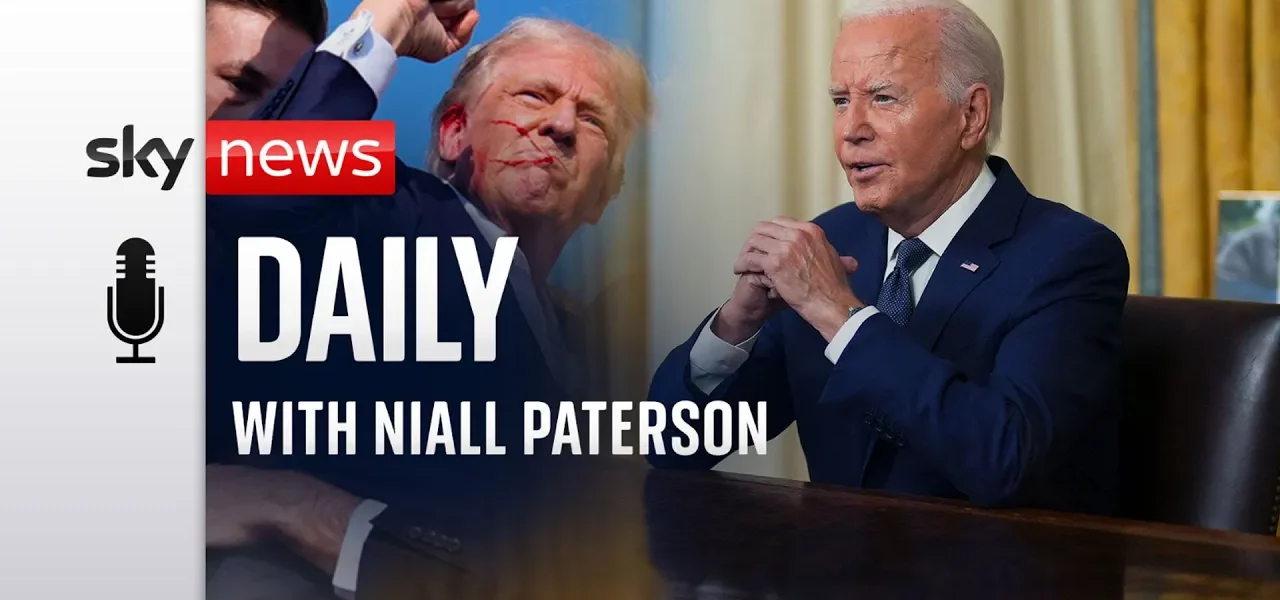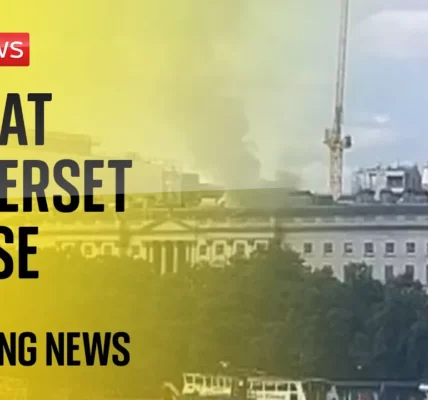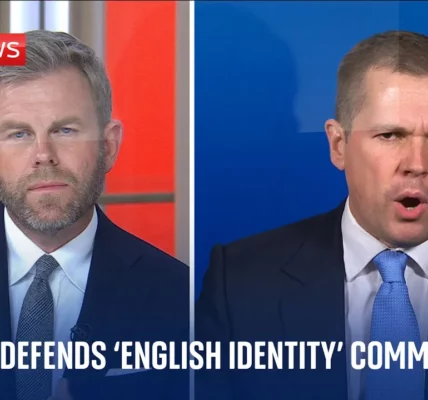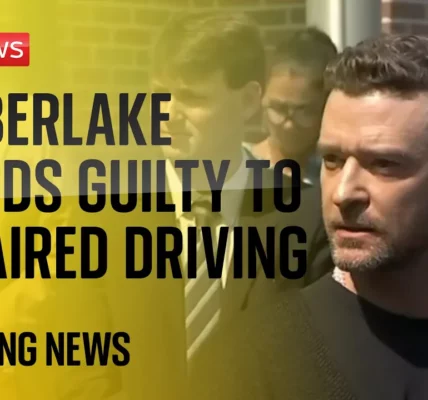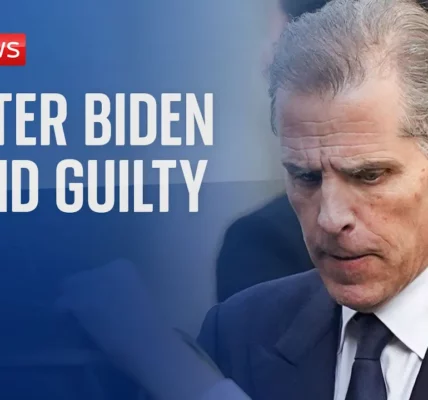America Faces Political Violence: The Assassination Attempt on Donald Trump

In the wake of a shocking assassination attempt on former President Donald Trump, America is once again confronted with the specter of political violence. This article delves into the implications of this event, the historical context of political violence in the United States, and the calls for unity from both Trump and President Joe Biden.
Introduction
The recent attempt on Donald Trump’s life has left the nation grappling with a mix of shock and outrage. A photograph of Trump, bloodied but defiant, has become emblematic of the current political climate, which is fraught with division and hostility. As the country approaches a crucial election, the resonance of this event may shape the political landscape significantly. This article aims to explore the historical context of political violence in the U.S., the responses from key political figures, and the overarching questions of unity and healing in a deeply fractured society.
The Historical Context of Political Violence in the U.S.
Political violence is not a new phenomenon in American history; in fact, it has a long and tragic legacy. Four U.S. presidents have been assassinated: Abraham Lincoln in 1865, James Garfield in 1881, William McKinley in 1901, and John F. Kennedy in 1963. Each of these events not only shocked the nation but also highlighted the extreme divisions that can exist within American society.
Assassinated Presidents and Their Impact
- Abraham Lincoln: Assassinated shortly after the Civil War, his death deepened the national wounds of division.
- James Garfield: His assassination by a disgruntled office seeker reflected the intense political corruption of the era.
- William McKinley: Shot by an anarchist, his death brought attention to the growing unrest and ideological struggles at the turn of the century.
- John F. Kennedy: His assassination in 1963 marked a turning point in American politics, affecting public trust in government.
Surviving Assassination Attempts
Several political figures, including Ronald Reagan, have survived assassination attempts. Reagan’s experience in 1981 illustrates the dangers political leaders face and the potential for violence to disrupt governance. Additionally, figures like Martin Luther King Jr. and Bobby Kennedy were also targets, highlighting that political violence extends beyond the presidency to influential leaders advocating for change.
The Response from Political Leaders
Following the assassination attempt on Trump, both he and President Joe Biden called for unity, a sentiment echoed by many Americans concerned about the escalating political rhetoric.
Joe Biden’s Call for Unity
President Biden addressed the nation, urging a cooling of political tempers, stating, “There is no place in America for this kind of violence.” His words reflect a recognition of the deep divisions that have characterized recent political discourse, and he emphasized the importance of healing as the nation moves closer to the election.
Donald Trump’s Defiance
In response to the attack, Trump has positioned himself as a resilient figure, raising his fist in defiance in a now-iconic image. This act of defiance resonates with many of his supporters, who see him as a bulwark against what they perceive as growing threats to conservative values.
The Political Climate and Future Implications
The political climate in the U.S. is undeniably tense. As the Republican National Convention unfolds in Milwaukee, the dynamics between party loyalty and individual beliefs will be tested. Trump’s survival may enhance his standing among supporters, reinforcing his narrative as a fighter against political aggression.
Divided Opinions within the Republican Party
While Trump enjoys considerable support, there are factions within the Republican Party that remain critical. Some members, often referred to as “Never Trumpers,” are skeptical about his approach and rhetoric. The upcoming convention will be crucial in determining the party’s direction.
The Role of Media and Public Perception
Media coverage plays a significant role in shaping public perception of political events. The portrayal of Trump as a defiant survivor may influence voter sentiment leading up to the election. Additionally, the narratives constructed around Biden and Trump will likely impact their respective campaigns.
Conclusion
The assassination attempt on Donald Trump has reignited discussions about political violence in America, a theme deeply woven into the nation’s history. As both Trump and Biden call for unity, the effectiveness of these calls remains to be seen amidst a backdrop of profound division. The upcoming election will not only determine the future of American leadership but will also test the resilience of the democratic process in the face of adversity. It is crucial for citizens to engage in constructive dialogue and seek common ground, as the health of American democracy depends on it.
For further insights into the implications of political violence and the upcoming election, visit our related articles on the political landscape and historical events shaping today’s society.
“`
